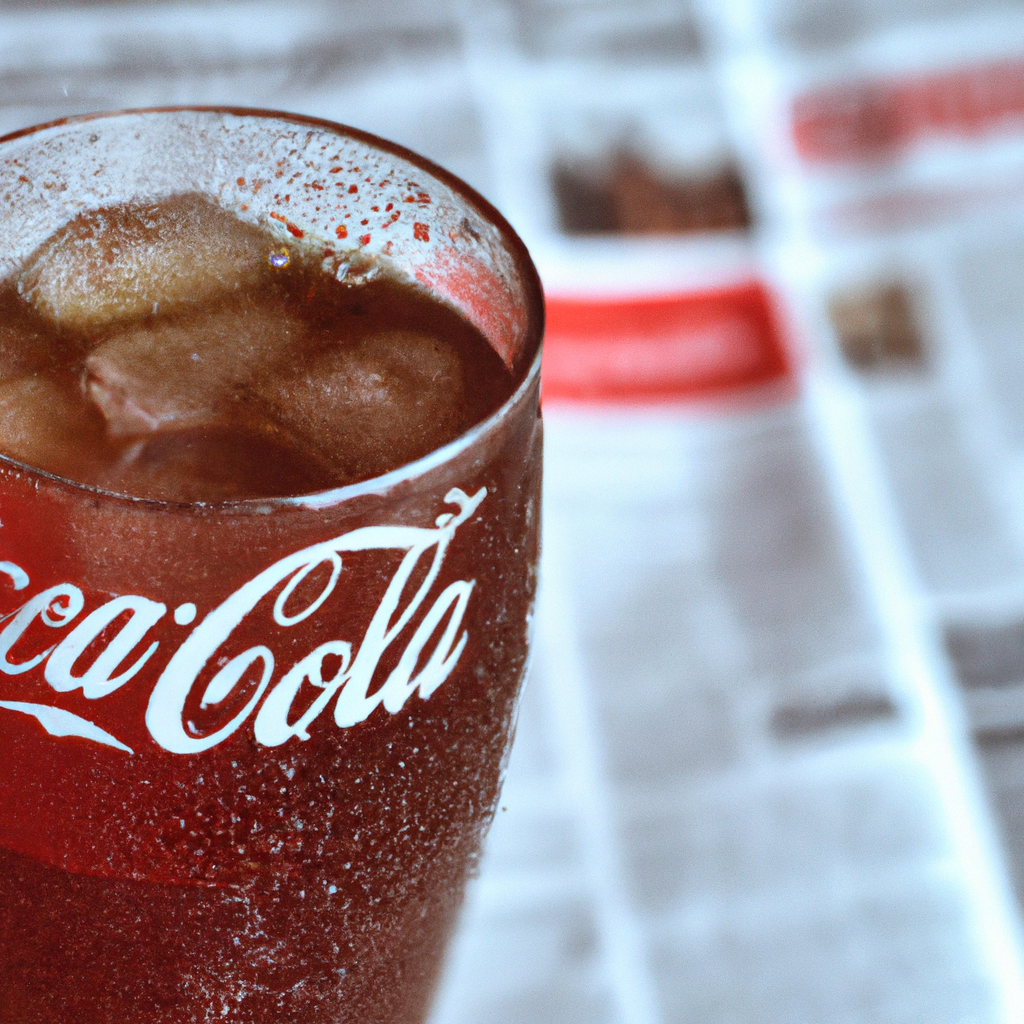Consumers in the United States are hesitant to purchase sodas, influenced by the rise of weight loss medications and non-alcoholic options. Despite this trend, Coca-Cola reported strong earnings for the second quarter, buoyed by robust global demand for its beverage selections, prompting the company to increase its full-year forecast.
In a statement, Coca-Cola CEO James Quincey expressed optimism about the company’s second-quarter performance, noting significant growth in both topline revenue and operating income despite a challenging market.
However, in North America, Coca-Cola experienced a 1% decline in volume sales during the quarter. Quincey indicated that the decrease in the U.S. division was largely due to weaker performance in away-from-home channels, which encompass its water, sports drinks, coffee, tea, and sodas.
Coca-Cola was able to partially compensate for this downturn with its Fairlife milk brand and its flagship soda, Coca-Cola, which were the top two products in retail sales growth for the quarter.
To combat declining sales, Quincey stated that Coca-Cola is collaborating with food chains to incorporate its sodas into combo meals. The company is reportedly partnering with McDonald’s to enhance the fast food chain’s $5 meal deal, which includes a soft drink.
Overall, Coca-Cola surpassed analysts’ expectations, reporting $12.4 billion in revenue for the second quarter, translating to roughly $0.84 per share. This exceeded Wall Street predictions of $11.76 billion in revenue, or about $0.81 per share.
The company revised its forecast for organic revenue growth to a range of 9% to 10%, up from the prior estimate of 8% to 9%.
Similarly, Pepsi is facing challenges in attracting U.S. consumers, who are increasingly gravitating towards products that promote weight loss and healthier lifestyles. Recent polling suggests that young adults in the U.S. are consuming significantly less alcohol than before. In early July, Pepsi attributed its lackluster second-quarter performance to a series of product recalls.
